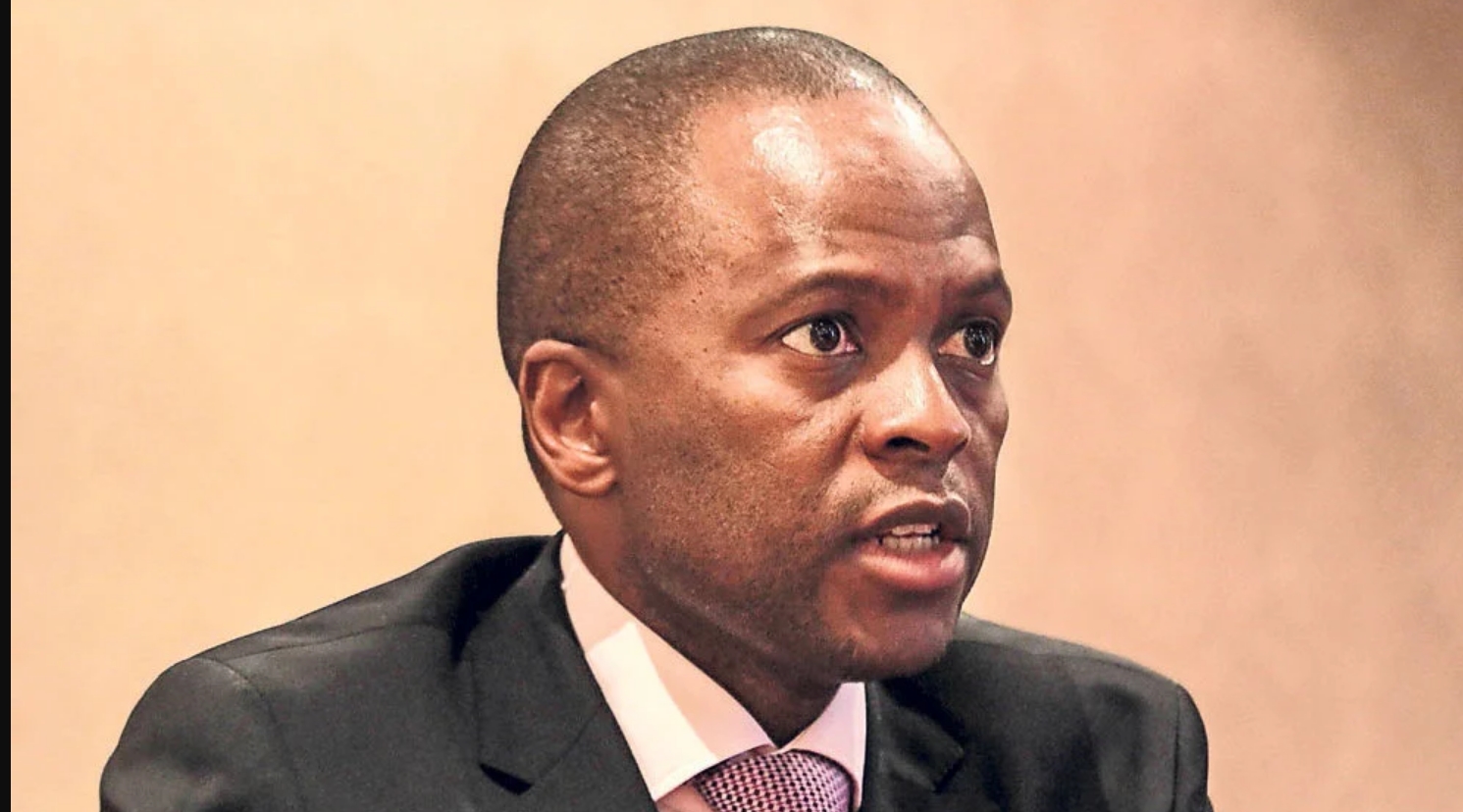The South African Post Office (SAPO), a once-vital institution, is now on the verge of financial collapse. Faced with an impending liquidation unless it secures a staggering R3.8 billion, the government is considering drastic measures to save it. Among the proposed solutions is the privatisation of SAPO, a move that has sparked intense debate across South Africa. Communications Minister Solly Malatsi has been at the forefront of these discussions, confirming that he is exploring the possibility of selling the state entity to private investors as a means to stabilise it. This decision comes amid growing concerns about the future of SAPO, which has been plagued by financial mismanagement, poor service delivery, and an inability to keep up with modern postal demands.

The potential privatisation of SAPO has drawn mixed reactions from South Africans. Some see it as a necessary step to revitalise an ailing institution, while others fear it could lead to job losses, reduced accessibility to services, and the erosion of a public good that has served communities for decades. This article delves into the current state of SAPO, the government’s plans for privatisation, and the broader implications of such a move on both the economy and the public.
The Decline of SAPO: From Public Service Pillar to Financial Crisis
The South African Post Office was once a crucial player in the country’s communications and postal systems. For many years, it served as a key connector, providing essential postal services to both urban and rural communities. SAPO’s network of branches and post offices allowed South Africans to send and receive letters, packages, and important documents, playing an indispensable role in facilitating communication across the nation.
However, as digital technologies began to dominate global communications and commerce, SAPO struggled to keep up. The rise of email, instant messaging, and online platforms reduced the demand for traditional postal services. Over time, the institution began to face challenges in modernising its services and infrastructure, while continuing to support its large workforce and maintain its expansive branch network. In addition, poor management decisions, corruption, and operational inefficiencies have further compounded SAPO’s problems.
By 2023, the situation had reached a tipping point. SAPO entered business rescue after being placed under provisional liquidation. The institution’s financial woes, which include significant debt and an inability to generate sufficient revenue, have left it on the brink of total collapse. Without a substantial bailout from the government, the future of the South African Post Office appears grim.
Minister Malatsi’s Plan: Privatisation as a Solution?
In an effort to salvage the institution, Communications Minister Solly Malatsi has announced that the government is exploring privatisation as a possible solution. Malatsi explained that he has requested support from the National Treasury and is in the process of forming a task team to explore partnerships with private sector investors. These partners would be expected to bring both financial resources and operational expertise to help turnaround SAPO.
Privatisation, in theory, could provide the struggling entity with the capital and efficiency it desperately needs. By involving private companies, SAPO might be able to streamline its operations, modernise its services, and regain the trust of the public. Proponents of privatisation argue that the private sector has a stronger incentive to improve service quality and reduce costs, which could ultimately benefit both the institution and its customers.
Minister Malatsi has also indicated that the task team will explore various options, including partial privatisation, where the government retains some control, but private investors assume operational responsibility. This model has been used in other sectors with varying degrees of success, and its application to SAPO could potentially stabilise the institution without fully relinquishing state ownership.
Public Reactions: Mixed Opinions on the Future of SAPO
The potential privatisation of the South African Post Office has ignited widespread debate among the public. On one hand, there are those who believe that privatisation is the only viable option to save the ailing institution. These individuals point to the inefficiencies that have plagued SAPO for years, including long delivery times, lost packages, and unreliable customer service. In their view, private sector involvement could bring much-needed innovation and accountability, improving the overall quality of services offered by the Post Office.
Many proponents of privatisation also argue that SAPO’s survival is more important than maintaining its status as a state-owned entity. They believe that the focus should be on ensuring that the Post Office continues to operate, even if it means bringing in private investors to do so. Without drastic intervention, they fear that SAPO could collapse entirely, leaving many South Africans without access to crucial postal services, particularly in rural areas where alternative options are limited.
On the other hand, critics of privatisation warn of the potential negative consequences that could arise from such a move. One of the biggest concerns is the possibility of job losses. SAPO currently employs thousands of workers, many of whom could face retrenchment if private companies take over and decide to downsize. In a country already grappling with high unemployment rates, the loss of jobs at the Post Office could exacerbate social and economic challenges.
Additionally, opponents of privatisation worry that it could lead to reduced access to postal services, particularly for low-income and rural communities. Historically, state-owned entities like SAPO have been tasked with providing affordable services to all citizens, regardless of their location or financial situation. If the Post Office is privatised, there is a fear that the focus on profitability could result in increased prices or the closure of less profitable branches, making it harder for some South Africans to access essential services.
The Road Ahead: What Privatisation Could Mean for SAPO
As the debate over the future of SAPO continues, it is clear that the institution is at a critical juncture. Privatisation, if pursued, could provide a lifeline for the beleaguered Post Office, but it also comes with significant risks and uncertainties. The task team formed by Minister Malatsi will need to carefully consider the potential benefits and drawbacks of privatisation before making any final decisions.
In the meantime, SAPO’s financial struggles continue to pose a major threat to its survival. Without immediate intervention, the institution may not be able to avoid liquidation, which could have far-reaching consequences for both its employees and the millions of South Africans who rely on its services. The decision to privatise SAPO is not one to be taken lightly, as it could fundamentally reshape the country’s postal services and have a lasting impact on the economy.
Ultimately, the future of the South African Post Office will depend on the ability of the government and private sector to collaborate in a way that ensures the institution’s sustainability while preserving its role as a provider of essential public services. Whether through privatisation or other means, SAPO’s journey to recovery will require careful planning, bold decision-making, and a commitment to the long-term interests of the country and its people.
